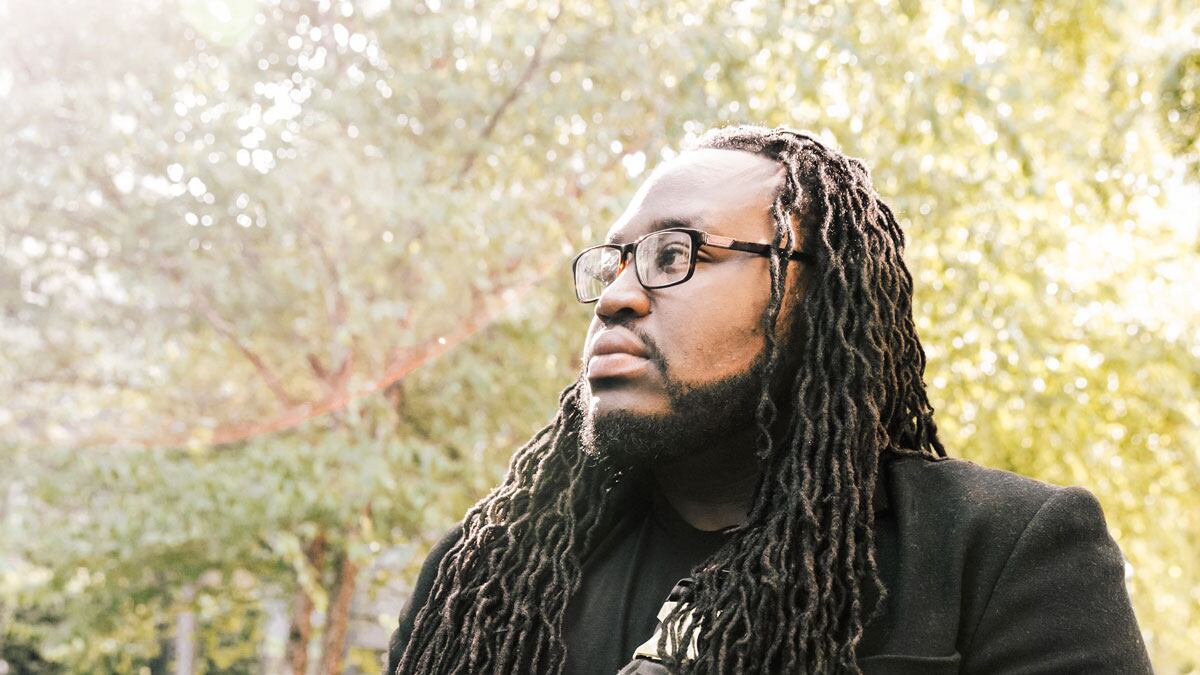Drae Slapz
(he/him)|@TheDraeSlapz
How has your stance on issues in your community influenced your music and growth as an artist?
My community is the heart of my music. The issues we endure have a direct impact on the type of music I make—particularly focusing on socioeconomic issues and understanding self-worth. Where I'm from—and particularly for people that look like me—there are systemic, socioeconomic inequalities that impact how we are viewed by the world and also how we view ourselves. As a young boy, I can remember having two distinct feelings towards these issues. On one end, I wanted to escape and avoid the thought of them. On the other end, I wanted mentorship on how to navigate it. So, when I make my music now, I think about that young boy in me and imagine that there are many more in my community out there looking for words of affirmation, self-worth, financial literacy and learning to find the joy and fun in your hardest times. I sometimes go in-depth on issues I face, to let the listener know they're not alone. Ultimately, I'd like to use my music as a platform to mentor youth and give back to my community.
What has been the biggest community resource in Portland that has shaped your viewpoints and who you are today?
During my definitive years, the staff at University Park Community Center, now Charles Jordan CC, had a huge impact on my life. This includes Harold Ridge, Karen Birt, Marshall Goss, Farnell Newton and many others. This group of people truly cared for me and were active mentors that shaped my viewpoints in my life and journey. To me, they demonstrated what it means to have a heart for the community and youth development. If it wasn't for them, I wouldn't have the perspective on community value that I do. The community center was a safe space for kids like me to go after school, make new friends and, in my case, discover your talent. It was in this community center that I learned how to produce music and it wouldn't have happened without Farnell Newton. Farnell is a musician that traveled the world with Jill Scott, Bootsy Collins and many more. He saw something in a young kid like me, and he took the time to mentor me and nurture my talent. My music wouldn't be where it is without him.
